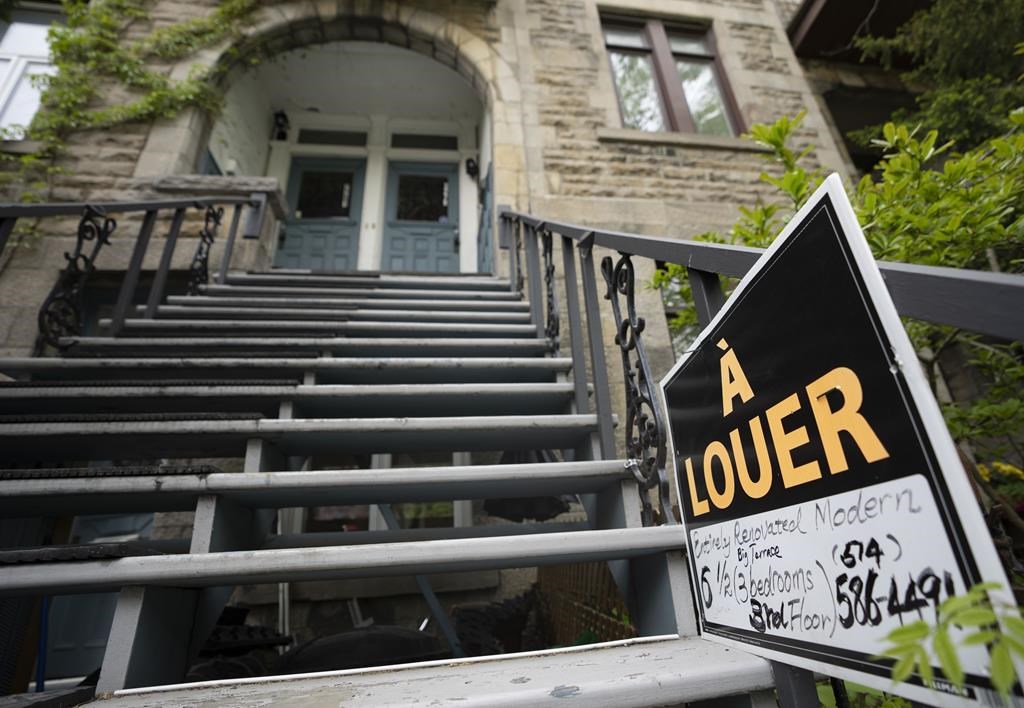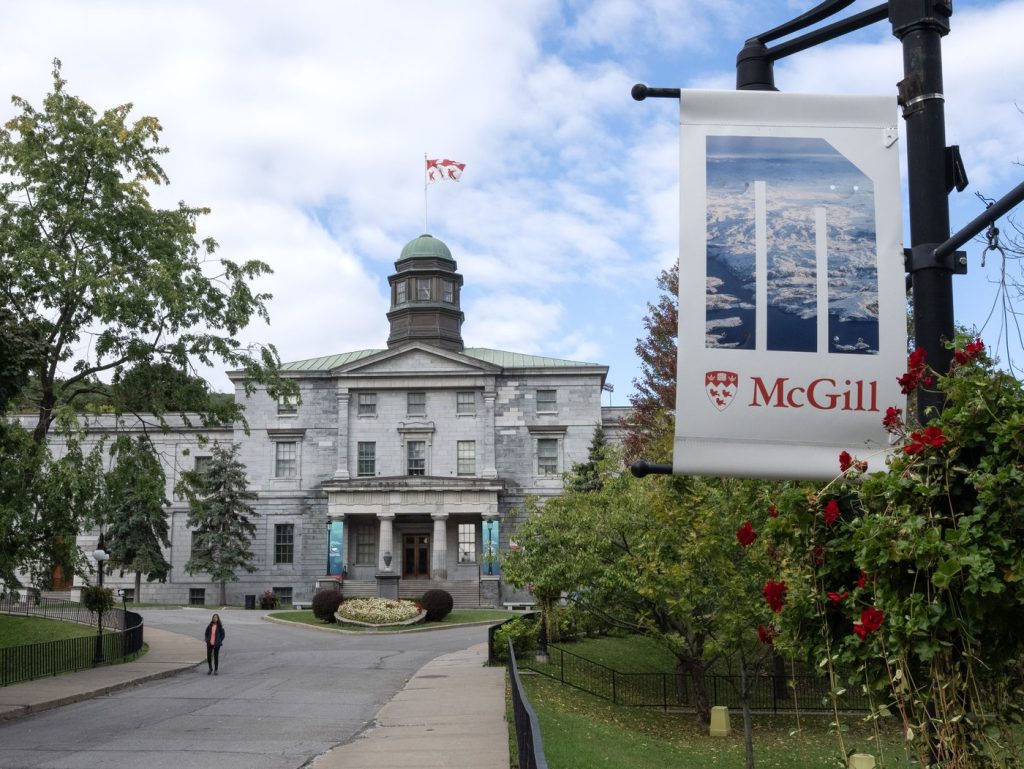Quebec snowbirds ‘stressed’ over new U.S. border rules for foreign nationals staying over 30 days

Posted April 10, 2025 4:52 pm.
Last Updated April 10, 2025 5:29 pm.
Beginning Friday, Canadians and other foreign nationals visiting the United States for 30 days or longer must be registered with the U.S. government.
The rule is part of President Trump’s “Protecting the American People Against Invasion” executive order signed on his first day in office on Jan. 20.
While in the past Canadians have been able to visit the U.S. for six months without a visa, those now staying over a month are required to fill out forms. Children aged 13 and younger are exempt.
Many are left worried and confused about the process.
“It’s strange because everybody’s stressed before in front of an agent of the borders. But because of those papers, the paperwork, did I do it right? Did I do it wrong? I don’t want to go back,” said Alain Dawagne.
“For me, my wife, the dog, the cats, everything has to have papers now. So yeah, it’s a little more stressful than it was.
“I had a stressful job before I retired. And I feel more stressed to go through the borders now.”
Dawagne and his wife Geneviève Gélinas have been snowbirds since 2011 when they bought a home in Port St. Lucie, Fla. – north of Palm Beach. They spend nearly half a year there.

Now back in Quebec, Dawagne is working on registering before returning south of the border in November.
“It’s quite a mess,” he said. “They should have told us what to do, when to do it. So I even called to the border patrol.”
Quebec’s Gabriel Côté, currently in Hallandale Beach, Fla., is working on the paperwork for his wife.
“Me myself, I was already registered,” Côté said. “I had an I-94 valid, which I printed a copy just to make sure that I had it with me. I also had it on my phone. So I was OK, because I had come by plane from Canada earlier in 2024.
“I was expecting that maybe on the 11th of April, there would be some new guidelines or some new communication or whatever that would be more precise as far as all of the people that have entered prior to the 11th of April so that they’re not stressed. But yeah, that’s the situation. That’s what we have to live with. And yes, it is frustrating and it’s stressful for the Canadians.”
What documents you need
Canadian and U.S. immigration lawyer Viviane Albuquerque has been helping snowbirds get clarity on this.
Most Canadians are automatically registered when they’re traveling to the U.S. by air.
“If they’re entering by air, they just need to make sure that they have the I-94 form that they have the proof of their status,” Albuquerque said. “If they’re entering by land, at the moment they enter they can ask the immigration officer, ‘can I have an electronic I-94 form, can I have a stamp.’ And if they don’t have and if they spend more than 30 days, then they have to register.
“As soon as you enter [the U.S.], go online, download a copy, go access the website, check a copy of your status, take a screenshot and carry that information with you.”
I-94 forms serve as proof of legal visitor status. You can access it on the U.S Customs and Border Protection website, and should print out a copy.
“In case of doubt, it doesn’t hurt for you to register with the U.S. government to voluntarily go to the website and register. It’s not difficult,” Albuquerque said.
Registration can be done by making an account online with the U.S. Citizenship and Immigration services.
“You have to have proof of all times of registration,” she said. “It’s always better to have a physical proof in case your device your electronic device is no longer working or it dies or you don’t have access to it.”
Failure to comply with registration could result in thousands of dollars or fines or even imprisonment for up to six months. Being registered but failing to show proof of registration could result in a $100 US fine or imprisonment for up to 30 days, or both.
“I will do whatever I have to do to go there,” added Dawagne.” But if they make it too complicated, I’ll sell my house. I’ll go somewhere else, more simple.
“I feel like my neighbours doesn’t want me anymore. But not my neighbours, like American people. The government doesn’t want any of us to go back. Even if we spend billions of dollars over there, that’s the feeling I have. I’m not saying that it’s a general feeling. But the feeling I had is you want my money, but you want to put some fences and fences and horns and things like that. So it’s getting more and more complicated.”








